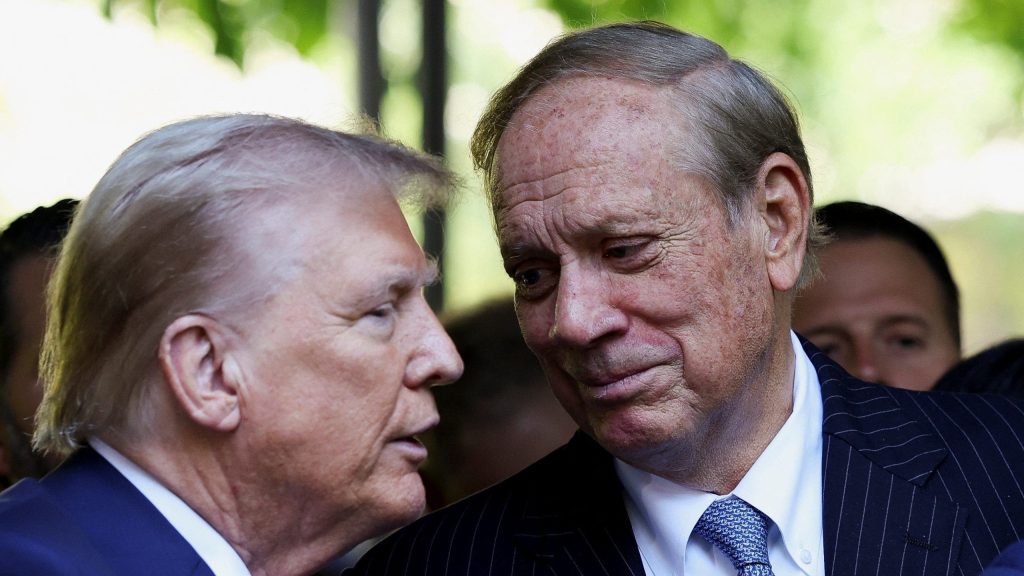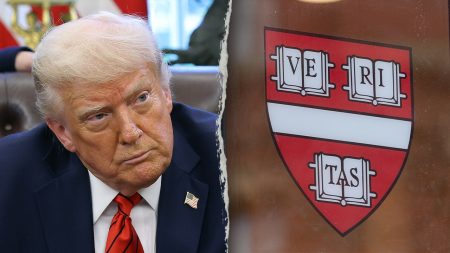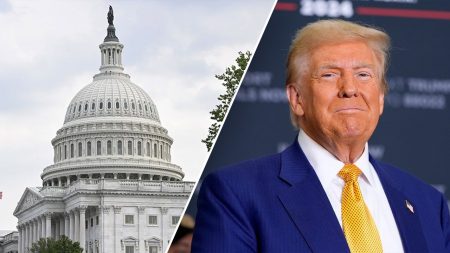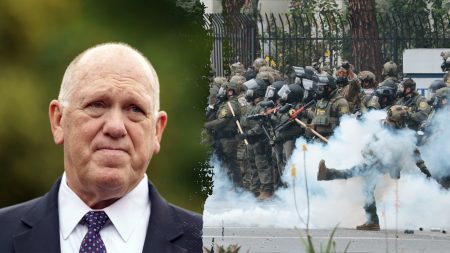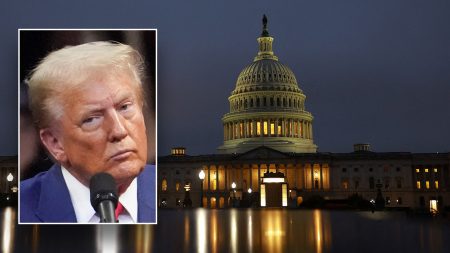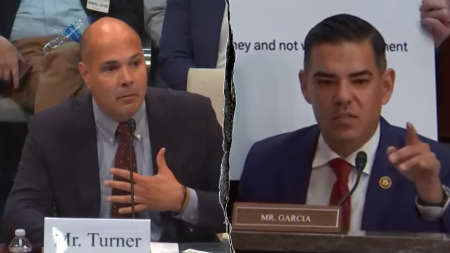The Spectre of Disunion: Sanctuary Cities and the Rule of Law
Former New York Governor George Pataki ignited a firestorm of controversy by drawing a parallel between contemporary sanctuary jurisdictions and the Confederate states that defied federal authority in the lead-up to the Civil War. Speaking on 77WABC radio, Pataki argued that cities and states choosing to ignore federal immigration laws are not only violating the Constitution but also echoing the dangerous precedent set by the secessionist South. He asserted that a nation founded on the rule of law cannot tolerate such defiance, invoking the memory of a conflict fought to uphold the principle of federal supremacy. Pataki’s remarks come amidst a renewed national debate about immigration policy, with the former governor urging President Trump to take decisive action against sanctuary cities, including the potential withholding of federal funding. This hardline stance reflects a growing tension between local autonomy and national unity, a tension with deep historical roots.
Pataki’s comparison to the Confederacy evokes the profound constitutional crisis that gripped the nation in the 19th century. The secession of southern states, prompted by the election of Abraham Lincoln and the perceived threat to their way of life, ultimately led to the bloodiest conflict in American history. The Civil War resolved the question of federal authority, affirming the principle that states could not unilaterally nullify federal laws. By linking sanctuary cities to this tumultuous period, Pataki casts them as rogue actors undermining the very fabric of the nation. He contends that their defiance, while not involving armed rebellion, represents a similar disregard for the rule of law and the principle of national unity. This stark analogy serves to elevate the issue of sanctuary cities beyond a mere policy disagreement and into a fundamental challenge to the nation’s constitutional order.
The debate surrounding sanctuary cities revolves around the complex interplay between federal immigration enforcement and local law enforcement priorities. Supporters of sanctuary policies argue that they foster trust between immigrant communities and local police, making cities safer by encouraging cooperation in crime reporting and investigations. They maintain that diverting local resources to enforce federal immigration laws undermines this trust and ultimately makes communities less secure. Furthermore, they argue that local authorities should not be compelled to act as agents of federal immigration enforcement, as this blurs the lines between local and federal responsibilities. Critics of sanctuary cities, however, contend that these policies obstruct federal immigration laws and harbor individuals who may pose a threat to public safety. They argue that by shielding undocumented immigrants from deportation, sanctuary cities create magnets for illegal immigration and undermine the rule of law. Pataki’s stance firmly aligns with this perspective, emphasizing the necessity of federal supremacy in immigration matters.
Pataki’s call for President Trump to cut off federal funding to sanctuary cities echoes a broader debate about the use of federal power to coerce compliance with national policies. This tactic has been employed in other areas, such as highway funding and environmental regulations, with varying degrees of success and controversy. Proponents argue that it is a legitimate tool for the federal government to ensure uniform implementation of national laws and protect the national interest. Opponents counter that it amounts to federal overreach and infringes on the autonomy of state and local governments. They argue that such coercive measures undermine the principles of federalism and create an uneven playing field, disproportionately impacting jurisdictions with limited resources. The debate over federal funding cuts to sanctuary cities reflects the ongoing tension between federal and local authority in a diverse and complex nation.
Pataki’s comments also highlight the political divisions surrounding immigration policy, a perennially contentious issue in American politics. The rise of sanctuary cities has become a focal point in this debate, with both sides entrenched in their respective positions. Conservatives generally oppose sanctuary policies, viewing them as an affront to national sovereignty and a threat to public safety. They often advocate for stricter immigration enforcement and tighter border security. Liberals, on the other hand, tend to support sanctuary cities, arguing that they protect vulnerable immigrant communities and promote integration. They often favor comprehensive immigration reform that includes a pathway to citizenship for undocumented immigrants. The debate about sanctuary cities is thus inextricably linked to broader ideological battles over immigration, national identity, and the role of government.
The controversy surrounding Pataki’s remarks underscores the profound and enduring questions at the heart of the sanctuary city debate. The balance between local autonomy and national unity, the role of federal power in enforcing national laws, and the complex interplay between immigration policy and public safety remain at the forefront of this contentious issue. As the nation grapples with these challenges, the historical echoes of the Civil War serve as a stark reminder of the stakes involved in preserving the rule of law and the integrity of the federal system. The debate over sanctuary cities is not simply a policy dispute; it is a fundamental question about who we are as a nation and how we define our shared values.




